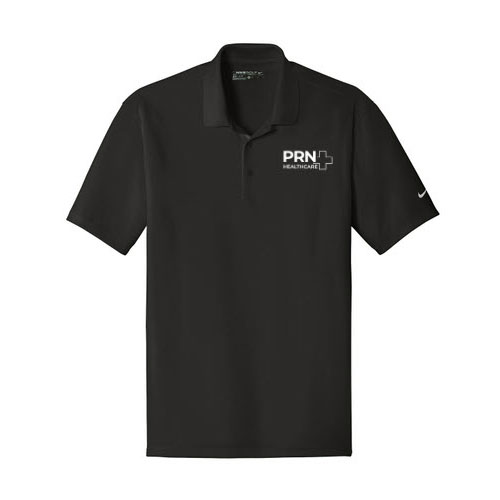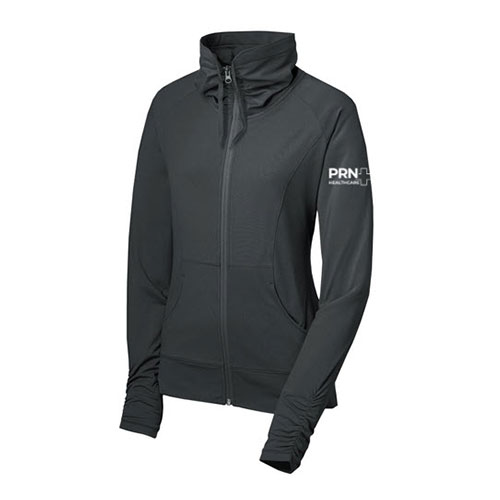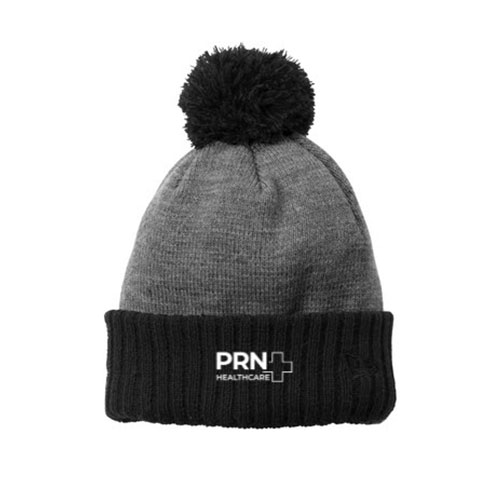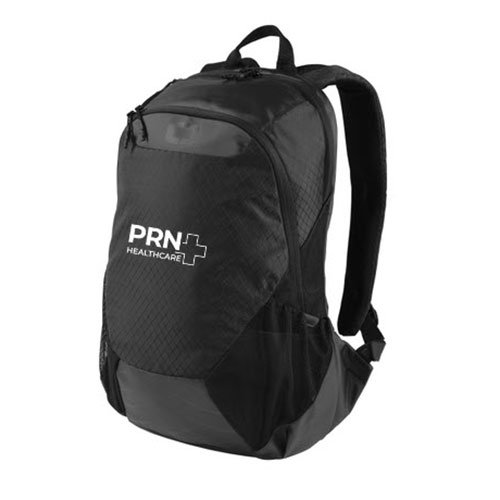As a Healthcare staffing agency, we understand the importance of having reliable information and trustworthy information available to you. That’s why our healthcare content is created by experienced nurses and healthcare professionals who understand the industry firsthand. We use trustworthy sources and keep our information up-to-date so you can feel confident in the advice and resources we offer.

Before you can land that travel sterile processing technician contract, you must first make a lasting impression with your resume! A recruiter or hiring manager’s initial view of your resume is the first impression they’ll have of you—one that could make or break your opportunity. While they say “don’t judge a book by its cover,” in the world of recruiting, your resume is your cover, and people do judge! To stand out in a competitive field, your sterile processing technician resume must clearly highlight your experience, certifications, and education. Follow these key tips to craft a resume that will help you land your next travel contract!
How Long Should A Travel Sterile Processing Tech Resume Be?
The length of a sterile processing tech resume typically falls between 1 to 3 pages, depending on the depth of your experience. If you’ve completed multiple 13-week travel assignments throughout the year, your experience section will naturally be longer compared to someone who has worked for a single facility over the past decade. Remember, hiring managers often scan resumes quickly—research from HR Drive shows that on average, a hiring manager spends only 7.4 seconds reviewing a resume. With that in mind, your resume should be concise, easy to read, and free of any unnecessary fluff.
Key Sections to Include in Your Resume
When creating a resume for a travel allied health contract, it’s crucial to include these key sections to ensure you cover all the necessary bases that hiring managers are looking for in a candidate:
- Contact Information
- Experience
- Education
- Certifications
- Skills
- Awards/Recognitions
- References
Contact Information
The contact information section is where hiring managers will start, so make sure it’s easy to find and up to date. Place your full name, certification details, and license number at the top of your resume. Provide a phone number and email address that you regularly check. If you have a permanent city and state, include that to give recruiters an idea of where you’re based. If you’re flexible and open to traveling anywhere, consider adding “Willing to Relocate: Anywhere” to make your intentions clear.
Experience
List your work experience in chronological order, starting with your most recent position. Hiring managers will want to see both the months and years for each role, along with the trauma level of the hospital where you worked. This will help them gauge your expertise and determine if you’re a good fit for the position. In the travel allied health world, at least one year of recent experience (within the last two years) is typically required to qualify for open travel positions. Make sure to keep your resume up to date after each assignment, as experience is key in landing travel roles.
Education
Keep the education section brief. List your high school diploma and any additional secondary education, including the start and end dates (month and year). This section doesn’t need to be extensive but should clearly demonstrate your educational background.
Certifications
Certifications are a major focus for hiring managers. Be sure to include all relevant certifications in your sterile processing technician resume. Two of the most common required certifications are:
- Certified Registered Central Service Technician (CRCST)
- Certified Sterile Processing and Distribution Technician (CSPDT)
Additionally, some hospitals may prefer candidates with other certifications, such as:
- Basic Life Support (BLS)
Make sure your certifications are clearly visible and up-to-date, as they will play a significant role in determining whether or not you are eligible for certain positions.
Skills
As a traveling sterile processing tech, you may need to fill out a skills checklist that covers your proficiency with specific software, equipment, and on-the-job tasks. Including these skills directly in your resume gives recruiters and hiring managers an immediate overview of your abilities. Key skills that may be required include:
- Decontamination Techniques
- Types of Sterilizers/ Equipment
- Decontamination Chemicals
- Decontamination Activities
- Assembly Activities
- Sterilization Activities
- Storage
- Distribution of Supplies and Equipment
- Tray Set-Up
- Disposal Methods
- Knowledge of Instruments
- Isolation and Infection Prevention
You can get a head start on the skills checklist by including some examples of these skills in your resume. Including specific examples, such as “Experience with gas, plasma, ultrasonic, and washer/sterilizer equipment” or “Familiarity with sterilizing instruments for orthopedic, neuro, and cardiovascular surgeries,” can help demonstrate your proficiency and set you apart from other candidates. An example of this is below:
- Experience with heat sensitive, immersible, mechanical, non-heat sensitive, and non-immersible decontamination techniques
- Work experience with gas, plasma, ultrasonic, washer/decontaminator, and washer/sterilizer equipment
- Tray set-up for general surgery, trauma, neuro surgery, orthopedic surgery, cardiothoracic surgery, and urology, etc.
- Experience with chemical concentrations, chemical pH, chemical level of disinfection, detergents, disinfectants, enzymatic, etc.
Awards and Recognitions
This is your chance to showcase any awards or recognitions you’ve received for your work in sterile processing. Recognition for exceptional service, such as the Golden Slipper for Service Excellence Award or the SPD Quality Award, can demonstrate your commitment to excellence and improve your appeal to hiring managers.
References
References are crucial when applying for travel contracts. Recruiters and hiring managers often rely on references to gain insight into your work ethic, skills, and overall performance. Aim to include at least three professional references, ideally from recent positions. These references can be managers, supervisors, or other authority figures who can speak to your qualifications. Be sure to provide their full name, job title, facility name, email, and phone number. Pro tip: Always notify your references in advance so they’re prepared when someone contacts them regarding your job application.
Sterile Processing Tech Resume Example
By following these tips and ensuring that your resume highlights your experience, skills, certifications, and education, you’ll increase your chances of landing that next travel sterile processing technician contract. Remember, your resume is your first opportunity to make a great impression—make sure it’s one that will open doors for you! Ready to open some doors, click here to view our open positions!




